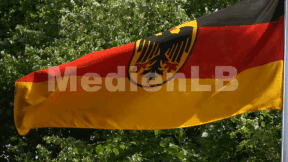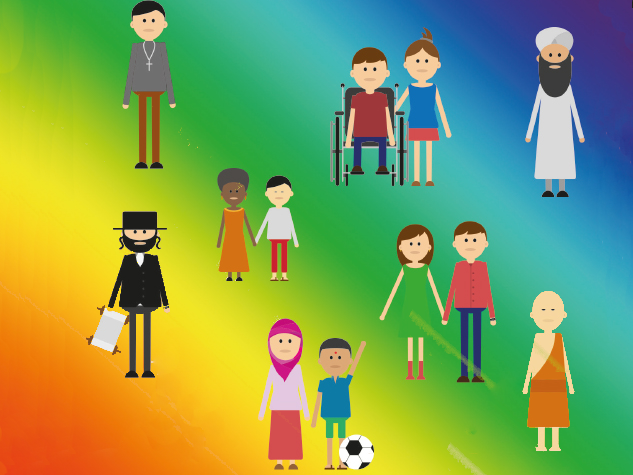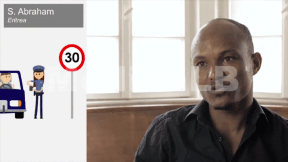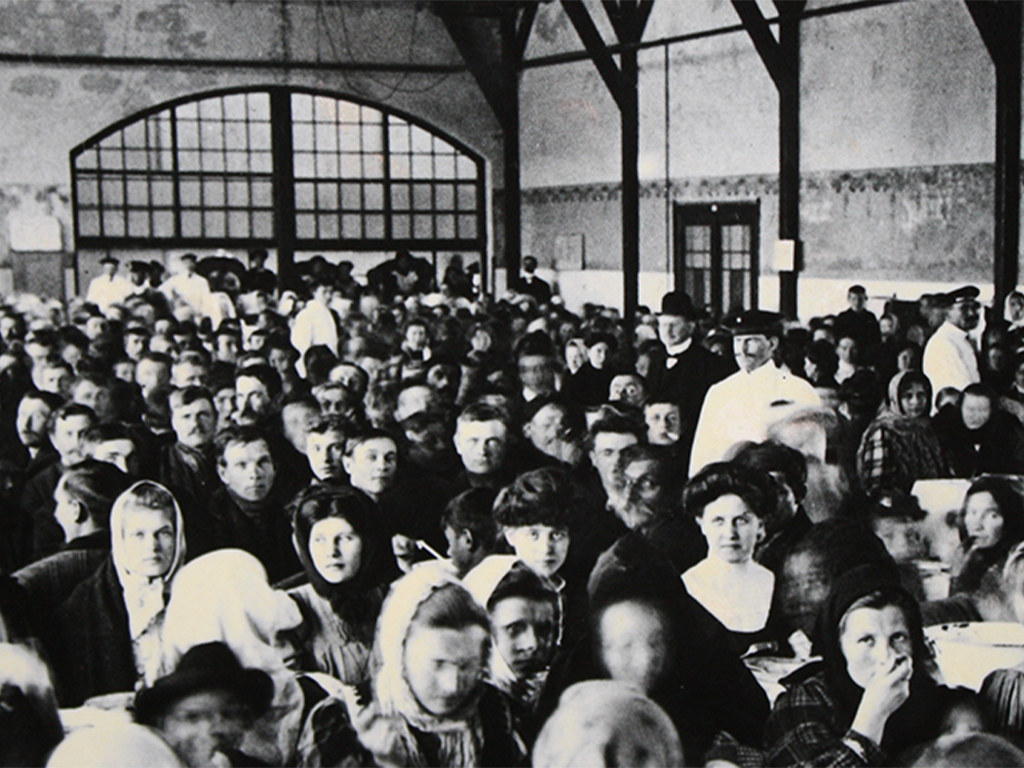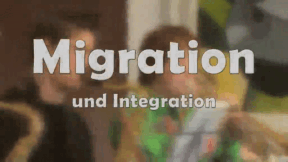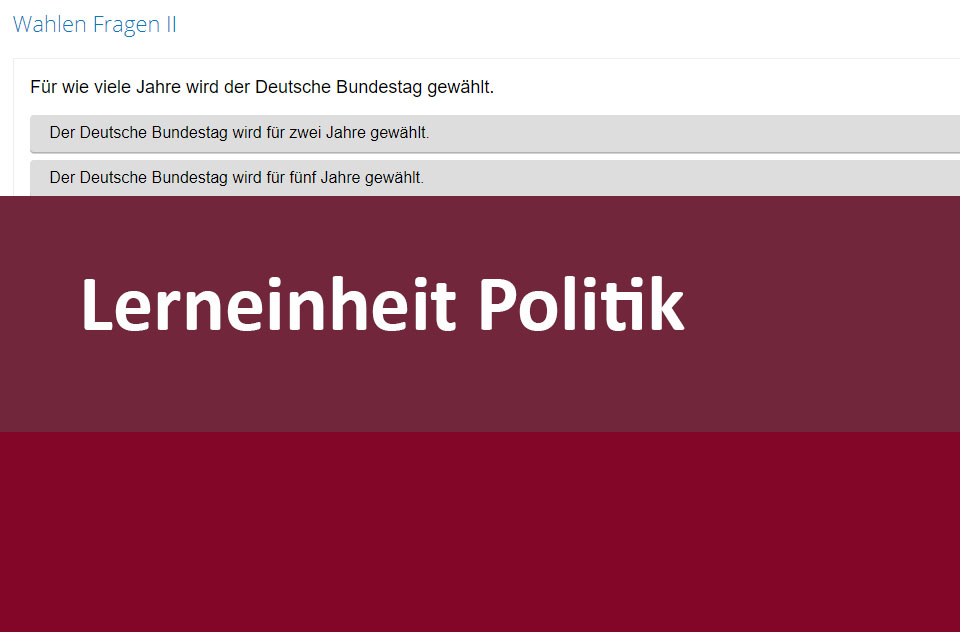
55502587
Grundlagen des politischen Systems: Wahlen
In 10 interaktiven Aufgaben wird Wissen zu dem Wahlsystem in Deutschland vermittelt und anschließend abgefragt.
Das Medium bietet H5P-Aufgaben an, die ohne zusätzliche Software verwendbar sind.
Durch interaktive Aufgabentypen wird das audiovisuelle und interaktive Lernen einfach.
Lernen macht jetzt Spaß!
Included Tasks
- I Wahlen in der Demokratie - Einordnung mit Lückentext
- II Wahlrechtsgrundsätze - Darlegung und Fallaufgaben
- III Das passive und aktive Wahlrecht - Interaktive Aufgaben
- IV Einführung des Wahlrechts in Deutschland - Zeitleiste
- V Wahlen - Fachbegriffe entdecken
- VI Wahlsysteme - Lückentext und Interaktive Aufgabe
- VII Die Wahlen zum Deutschen Bundestag - interaktive Aufgaben
- VIII Die Fünfprozentklausel - Interaktive Aufgabe
- IX Wahlen - Abfrage
- X Wahlen Fragen II
Curriculum-centred and oriented towards educational standards
Matching
The Making of a Law
Laws determine the lives and interrelationships of people and ensure that both rights and duties are distributed in a just way in society.
Values and Norms in Germany
O-Ton M. Ozbak (Afghanistan): „Both with regard to household chores and with tasks in public, women and men are equal.“
Migration
Migration and integration are central topics of future relevance in politics as well as in the public mind. Germany has long been a country of immigration. This can constantly be seen in everyday life: in the playground, in the underground, in the office or in the schoolyard. At school, in particular, this immigration society is being lived and experienced every day. Here, the groundwork for the future of our society is also being laid. In order to be able to explore the topic first-hand we have visited a school in Nuremberg with a large amount of pupils having a migration background. In project groups, the pupils of the 11th form of the Pirckheimer Gymnasium have already been investigating in depth the topics of migration and integration. Their assessments of the subject area were recorded and integrated into the overall context. The DVD is divided into substantial chapters on forms, causes and consequences of migration, on the history of migration in Germany, on political and legal framework conditions and on integration as a challenge and an opportunity. In the accompanying material, tasks providing further interest and insight are available that have been adapted to the content of the film.





